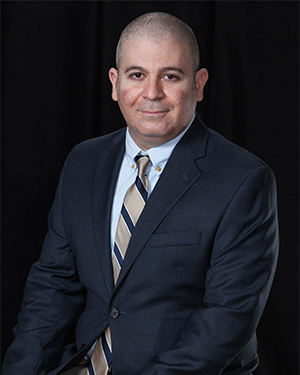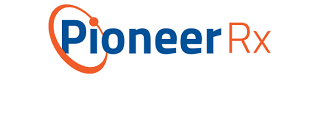California Northstate University College of Pharmacy is pleased to announce the nation's first 3+4 PharmD-MD Pathway and 3+4 PharmD-DMD Pathway, with both beginning Fall of 2026. These innovative pathways reflect our commitment to advancing interdisciplinary education and expanding opportunities for our students. For additional details, please contact us at COPadmissions@cnsu.edu
Department of Experiential Education (EE)
The purpose of the experiential education component of the curriculum is to provide the pharmacy student with practical experience in various aspects of the profession of pharmacy. The student gains experience in problem solving and providing patient care services while applying the basic and pharmaceutical sciences learned in the classroom and practice laboratories. A pharmacist preceptor will direct the majority of practice experiences. Each experience will provide the student an opportunity to incorporate learned didactic information into the development of the skills necessary to be a competent pharmacy practitioner.
The EEP is divided into two parts; Introductory Pharmacy Practice Experience (IPPE) and Advanced Pharmacy Practice Experience (APPE). In the second and third years, the student participates in Introductory Pharmacy Practice Experiences to gain actual practice experiences in community, institutional and specialty practice settings. Throughout the IPPEs, the student practices and strengthens their patient care skills through a wide array of pharmacy practice experiences. The IPPEs compliment the didactic curriculum and involve a variety of experiences including shadowing pharmacists, interviewing and counseling patients, performing patient assessments and performing practice operations.
Both the IPPE and APPE have “Required” and “Specialty” elements to the curriculum. Each “Specialty” course is designed to give the student the opportunity to explore career opportunities and seek training in some of pharmacy’s less traditional roles. Each student will take at least one Specialty APPE rotation which involves direct patient care.
Experiential Education Mission
Application of classroom knowledge to clinical settings
- Problem Solving
- Communication
- Leadership
- Professionalism
- Interprofessional Collaboration
- “Patient-Centered Care”
Experiential Education Vision
Shaping future Pharmacist Practitioners to advance the art and science of pharmacy practice.
Tony Eid, BS, PharmD, REHS, BCACP |
 |
 By partnering with PioneerRx Pharmacy Software, our program allows students to learn in a real-world environment using the most installed software for independent pharmacies. Students enhance their clinical and functional skills by training in a pharmacy system that is innovative, robust, and feature-rich.
By partnering with PioneerRx Pharmacy Software, our program allows students to learn in a real-world environment using the most installed software for independent pharmacies. Students enhance their clinical and functional skills by training in a pharmacy system that is innovative, robust, and feature-rich.